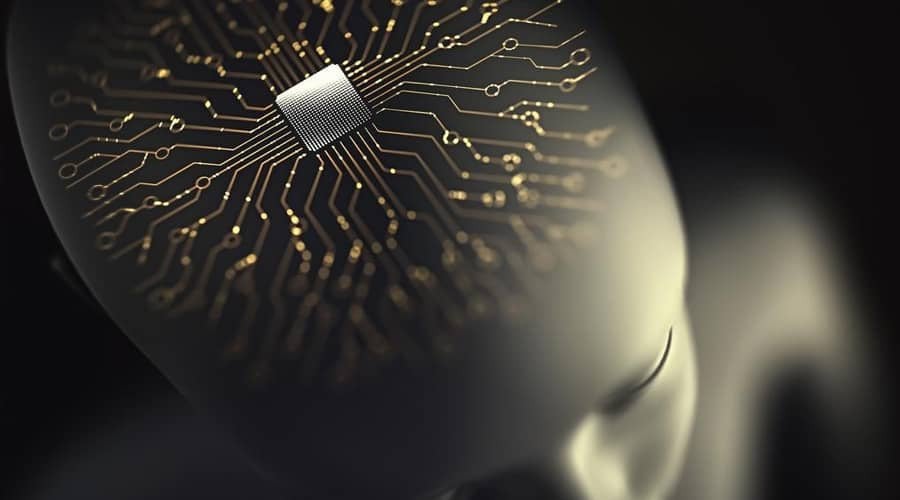Salman Shahid
AI has significantly influenced social media accounts and their authenticity in various ways. One of the most notable impacts is the prevalence of AI-generated content, which has raised concerns regarding the originality and authenticity of posts. With approximately 70% of social media content being AI-generated, distinguishing between human-generated and AI-generated content has become increasingly challenging. This blurring of the lines between genuine human expression and automated mimicry has significantly impacted the authenticity of social media accounts.
Furthermore, the widespread use of AI-powered algorithms for content curation and recommendation has also affected the authenticity of social media accounts. These algorithms may prioritize content that is likely to garner more engagement, leading to a proliferation of sensational or clickbait content at the expense of genuine and authentic posts. As a result, social media users may feel pressured to conform to the algorithm’s preferences, compromising the authenticity of their content in the pursuit of higher visibility and engagement.
Please, watch the video and subscribe to the channel of republicpolicy.com
Moreover, the emergence of AI-powered chatbots and virtual influencers has further complicated the landscape of social media authenticity. Virtual influencers, created and controlled by AI, blur the line between real and artificial personas, raising questions about the authenticity and genuineness of social media interactions. Additionally, AI-powered chatbots are increasingly used by businesses and influencers to manage interactions with followers, often leading to scripted and automated engagements that lack the personal touch and authenticity of human interaction.
In response to these influences, there has been a growing concern about the impact of AI on social media authenticity. Many users have become wary of the prevalence of AI-generated content and the potential loss of genuine human expression in digital spaces. The rise of AI-induced mimicry and the proliferation of inauthentic content have prompted individuals to reevaluate their approach to social media and strive for authentic self-expression amidst the influence of AI.
In the digital era, our online identities often overshadow our real selves, underscoring the importance of authenticity. This stark duality in personas is a testament to the profound impact of digitalization, which has revolutionized human connectivity and freedom of expression. It has created a digital landscape where our ‘real’ selves coexist with our ‘non-real’ online personas.
The advent of AI has significantly altered our online experiences. The prevalence of AI-generated content, especially on social media, has sparked concerns about authenticity and originality. With approximately 70% of social media content being AI-generated, the distinction between genuine human expression and automated mimicry has become increasingly hazy. Despite the lack of depth and originality in AI-generated content, it often receives undeserved acclaim, underscoring a widespread misunderstanding of the technology.
Amidst these developments, the concept of ‘authenticity’ in the post-AI era begs exploration. Authenticity is not about creating entirely new forms but rather focusing on the novelty of content infused with originality and depth. However, the prevalence of mimicry in digital spaces can be attributed to a reluctance to engage in deep understanding and a pervasive desire for superficial validation. This is where AI has exacerbated the issue, providing an easy route to content generation without the need for comprehensive comprehension.
To navigate the pursuit of authenticity, it is crucial to view AI as a tool for creativity, not a substitute for it. Adopting a nuanced approach that involves adaptation, recontextualization, and augmentation can foster authentic expression in the digital realm. By prioritizing genuine creativity and dedicated learning, individuals can ensure that their non-digital selves truly reflect their identities, rather than falling into the trap of superficial mimicry perpetuated by AI.
In essence, the pursuit of authenticity in the digital age necessitates a conscious effort to uphold originality, depth, and genuine expression amidst the influence of AI. By embracing creativity and genuine self-expression, individuals can assert their authentic ‘I’ in the digital landscape, transcending the trap of AI-induced mimicry.
















